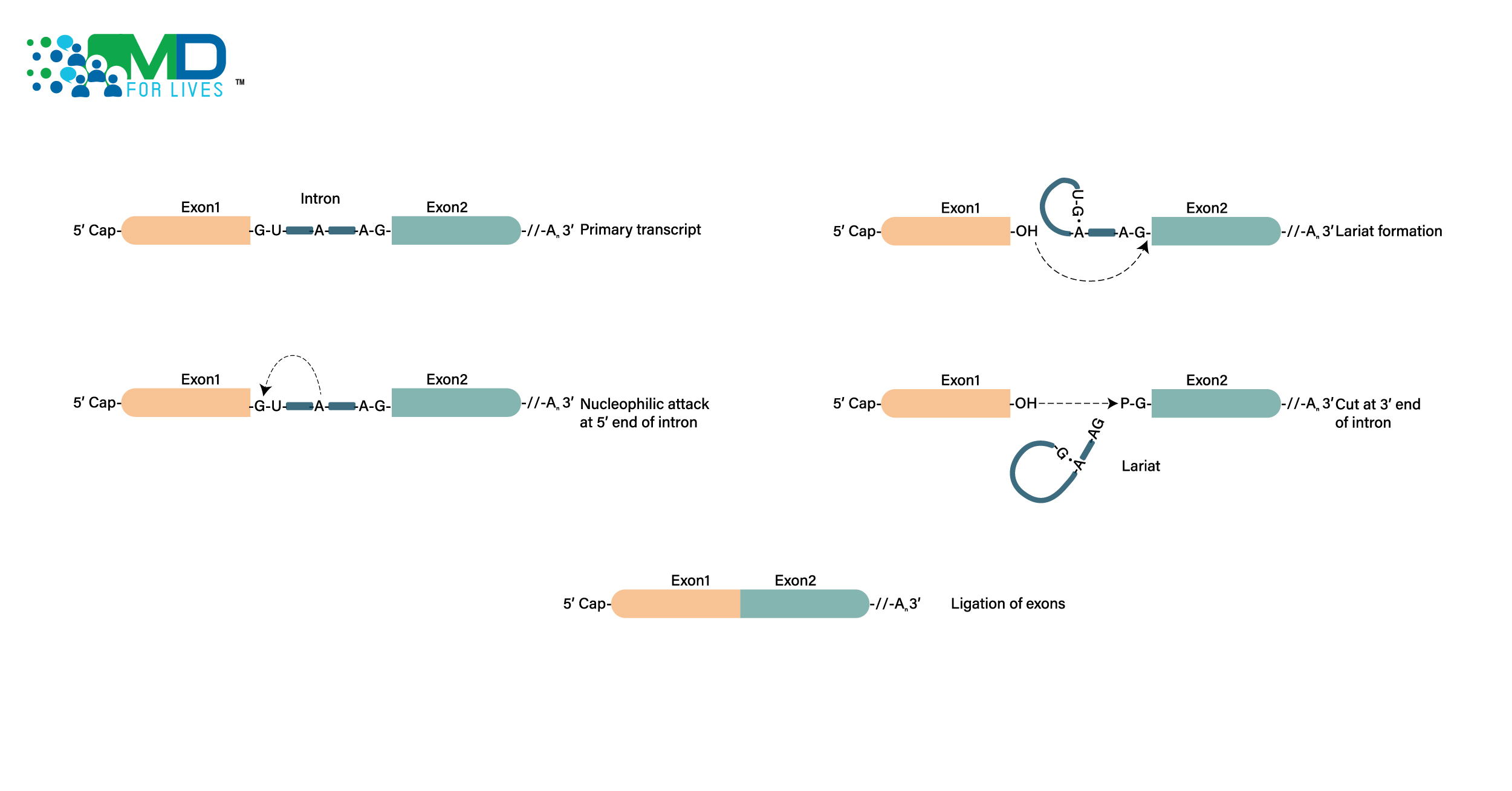It’s October 2020, and the world is still plagued by SARS-COV-2, the causative agent of the dreaded disease COVID-19. Millions have been affected by numerous actively infected individuals suffering from the devastating effects that the disease exerted on the lungs and airways. And in this respiratory care week, we want to spread the importance of respiratory system.
The life-altering consequences of this illness have only brought to focus on the importance of protecting the health and maintaining the wellness of the respiratory system, which is indeed vital for one’s overall survival.
As we celebrate this year’s Respiratory Care Week, let us appreciate the respiratory system, which plays a critical role in human physiology with its ultimate function of gas exchange. Inspired air enters the upper airways where it is filtered and humidified before it is funnelled into the lower respiratory tract and finally into the lungs. In the lungs, thin-walled sacs called alveoli to facilitate the exchange between oxygen from the inspired air and the metabolic by-product of the body carbon dioxide, which is then exhaled out of the body and into the surrounding air.
Various illnesses can involve the organs of breathing.
Composed of different parts the respiratory system can be affected by three main types of diseases: those that affect the airways, those that involve lung tissues, and others that affect lung circulation.

A common condition affecting the lungs is asthma, which is one of the most common chronic diseases worldwide. It occasionally may be triggered by the inhalation or ingestion of allergens such as pollen and peanuts. This illness involves airway inflammation and intermittent airflow obstruction, which may manifest as wheezing and shortness of breath.
Another dreaded illness affecting respiratory organs is lung cancer. Although patients don’t usually present with any symptoms in its early stages, this condition may be suspected in those who experience a new cough that does not go away, unintentional weight loss, and hemoptysis or coughing out blood. It is estimated that in the United States alone, 1.8 million new cases have been documented for the year 2020.
Aside from COVID-19, other infections may also affect the respiratory organs in different areas along its tract. Infection of the lung tissues by various bacteria and viruses leads to inflammation and consolidation, giving rise to a disease known as pneumonia. Most patients affected with this illness recover with proper treatment. However, some may progress to more severe conditions which require invasive treatment modalities such as mechanical ventilation.
Prevention of disease and promotion of health of the organs of breathing is crucial and attainable.
In light of all these conditions, it is therefore essential to maintain good respiratory health to reduce the risk of acquiring lung disease. The following are practical considerations for achieving this goal.
Don’t smoke. Cigarette smoking is one of the major causes of lung cancer and chronic obstructive pulmonary disease (COPD). Primarily, smoking causes initial inflammation of the airways and eventual destruction of lung tissue, leading to the release of downstream mutation signals that eventually result in cancer development. However, it is important to emphasize that if an individual has already started smoking, it is never too late to encourage him to quit.
Avoid exposure to pollutants and allergens. Several chemicals in the home and workplace have been shown to contribute to the development of the disease. Common examples of these chemicals include secondhand smoke, asbestos, and radon. On the other hand, allergens are substances that may be able to trigger hypersensitivity reactions. Examples include pollen, animal fur, and insects.
Prevent infection. A respiratory tract infection may start as a small cold with intermittent cough, or progress entirely into something more severe and lead to sepsis or infection of the blood. There are several things an individual can do to protect against this, such as frequent hand hygiene, avoiding large crowds, and getting vaccinated against the more common pathogens causing influenza and pneumonia. Lastly, it is important to seek medical attention with a trusted healthcare provider regularly.
Eat nutritious food and exercise. Being physically active can help keep one’s lungs healthy and improve or sustain respiratory capacity. Also, maintaining a balanced diet composed of a variety of food groups can undoubtedly contribute to the body’s natural defence system against pathogens.
Our lungs are vital in maintaining life.
With each breath we take, our breathing organs work hard to keep the rest of the body working by providing us with a steady supply of life-giving oxygen. The lungs, airways, and its associated vasculature have been the primary targets of the current pandemic. As the world continually sees individuals losing their breath and lives over this, we are reminded of how the respiratory system is vital to our everyday lives.
During this year’s Respiratory Care Week and National Lung Health Day, let us take the time to appreciate the vital function that our lungs perform in regulating our breath, distributing oxygen to our tissues, and ultimately giving us life. As we celebrate this event, may we all commit to promote and maintain the good health of the organs that allow us to breathe and live.
The lungs and its airways are important structures of the human body that enable us to breathe and distribute life-giving oxygen to the tissues that need it most. Maintaining the good health of the respiratory system is attainable by observing the following practices: avoid smoking and exposure to allergens and pollutants, prevent infection, and eat nutritious food and exercise.
In celebration of this year’s National Lung Health Day, may we all appreciate the vital function that our lungs perform in sustaining life. As we commit to the promotion of health and prevention of various diseases affecting the respiratory system, may we give due respect and appreciation to the organs that control and regulate each breath.
Aside from COVID-19, several illnesses affect the different components of the respiratory system. These diseases can involve the lungs, the airways, and/or its associated vasculature. Some of the more common conditions include asthma, lung cancer, and infections such as pneumonia.
This 2020 as we celebrate National Lung Health Day and Respiratory Care Week, COVID-19 continues to wreak havoc in the world and focusing its damaging effects on the lungs. Now, more than ever, it has become essential to prioritize the health of the respiratory system. By avoiding smoking, preventing exposure to allergens and pollutants, regular exercise, and eating nutritious food, one can take concrete steps towards committing to sustain the health of the organs that allow us to breathe.








1 Comment
Avelumab: First-line therapy for patients with advanced NSCLC
5 years ago[…] second most common cancer in both men and women (excluding skin cancer). It is the leading cause of cancer death with one in four cancer deaths attributed to lung cancer. About 80 to 85% of lung cancers are […]